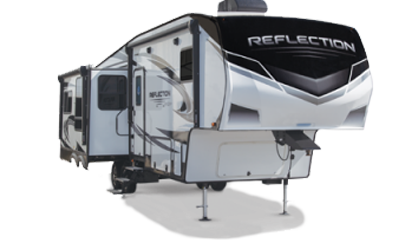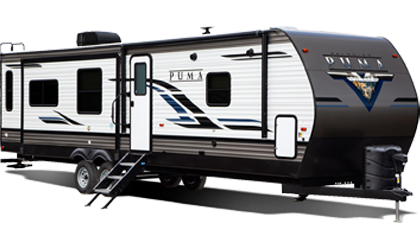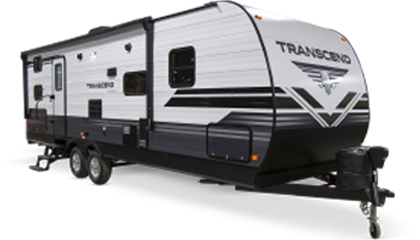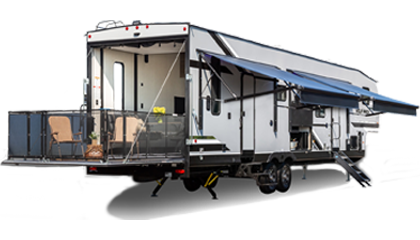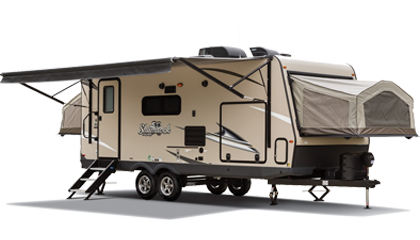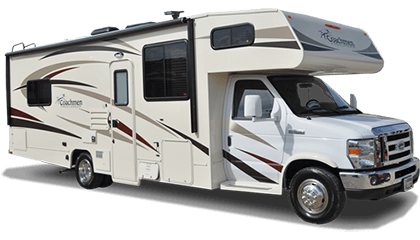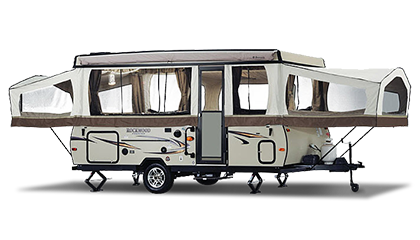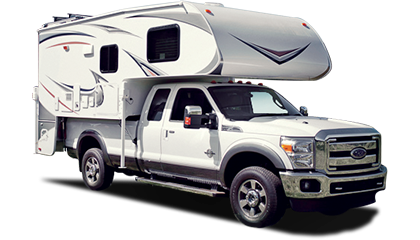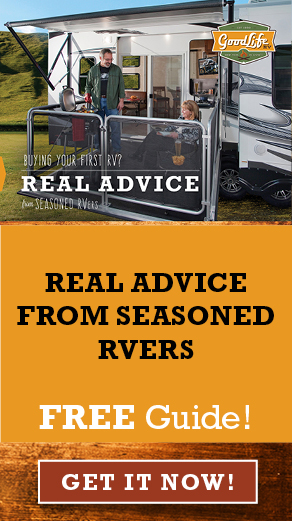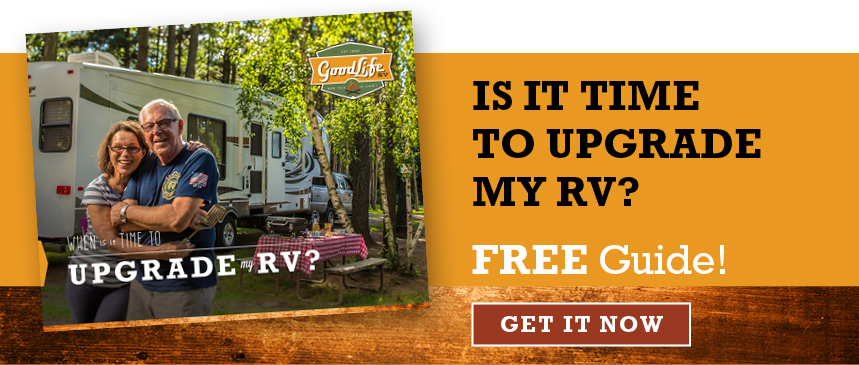RV SOS: Tips For RV Break Downs
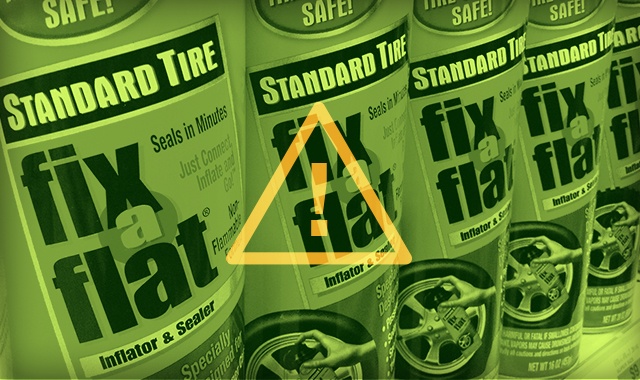
You’re rolling down the open road in your rig. With about an hour left, you hear a loud bang and can feel a bump as you’re driving along. You immediately know what happened. You’ve got a flat tire. You know how to maintain your rig while you’re off the road, but what should you do when your RV has a mishap while you’re traveling? We hope an RV breakdown never happens to you, but sometimes even with proper maintenance and care you might find yourself pulled over on the side of the road with your hazard lights on.
Here are our tips to safely taking care of your RV if you ever find yourself in an emergency maintenance situation.
GET OFF THE ROAD SAFELY
When you’re on the road, the very last thing you want is to breakdown and have to pull over. No matter what type of issue you are dealing with, situations like this can be stressful. Pulling over on the shoulder is a good way to quickly get out of the way, but an even safer option would be to exit the interstate and get on a road with less traffic. Now that you’ve pulled over, grab a piece of paper or your phone and take notes on what exactly happened- were there any warning lights on the dash board? What sounds did it make? Were there any smells? These aspects are important later when determining what the problem is.
ROADSIDE ASSISTANCE
The next step is to call for help. Most RVs cannot be repaired with a regular tire jack, so for the most part, it’s a good idea to leave the repairs to the professionals. If you don’t have much experience with repairing your RV, you might end up doing more harm than good if you try and pop the hood and solve the problem yourself.
If you do not have any type of roadside assistance currently, you should strongly consider buying into an insurance plan or organization that provides it. Roadside assistance is invaluable during the emergency times that you need it. If roadside assistance is covered by your RV insurance, call the emergency number that they provide and give a clear description of your location, and specify what type of RV you are driving. It is important for the tow service to know what type of RV you are driving so they can prepare their equipment accordingly. If you are using a GPS, providing the coordinates is very helpful.
If you don’t know where to go to get this specialized service, try one of these organizations:
-
Coach-Net (offered by several RV clubs)
BE PREPARED
You never know what will come your way on the road, but you can put your mind at ease by knowing you have some basic tools that will get you through emergency situations. Having emergency items like flares, first aid kits and flashlights are a great start. And if you are handy with repairing your RV, consider having some basic items on hand that can make quick repairs like antifreeze, belts or coolant hoses. For a full checklist of items you should consider bringing with you on road trips, click here.
TAKE PRECAUTION
The best preventative measure you can take to avoid a breakdown is to make sure you diligently keep up-to-date with your RV’s maintenance. When you start to let things go, or stretch the amount of time between routine checks, you increase the chances that you could have trouble on the road. For our maintenance advice check out our blog posts.
We hope you don’t have any troubles come your way when you’re free wheelin’ down the road in your RV. But, like a lot of things in life, it is better to be safe than sorry when it comes to emergency preparation in your RV.

